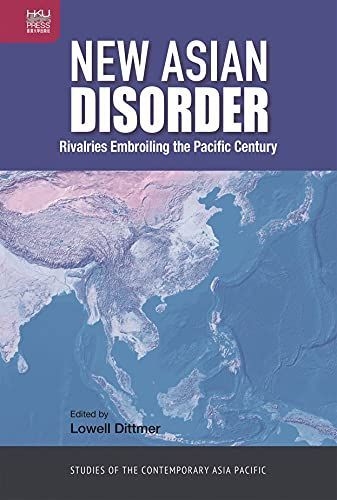
New Asian Disorder Rivalries Embroiling the Pacific Century
Sheds new light on the political disorder of Sino-American geopolitics. The rise of China in recent years is widely regarded as a momentous shift in the global balance of power. China is now extending its sovereignty, constructing a new set of global financial institutions, and replacing "universal values" with technologically enhanced nationalism. In response to China's challenge, the United States has abandoned its "constructive engagement" policy towards the rising power and engaged in a trade war. This book sheds new light on the current political disorder in the Sino-American relationship, analyzing the disorder from three perspectives: identity, political economy, and the triangular dynamic. This collection of essays concludes that, unless and until consensus can be reached on a coherent new framework for cooperation and rule enforcement among different stakeholders in East Asia, the current disorder may be expected to persist.